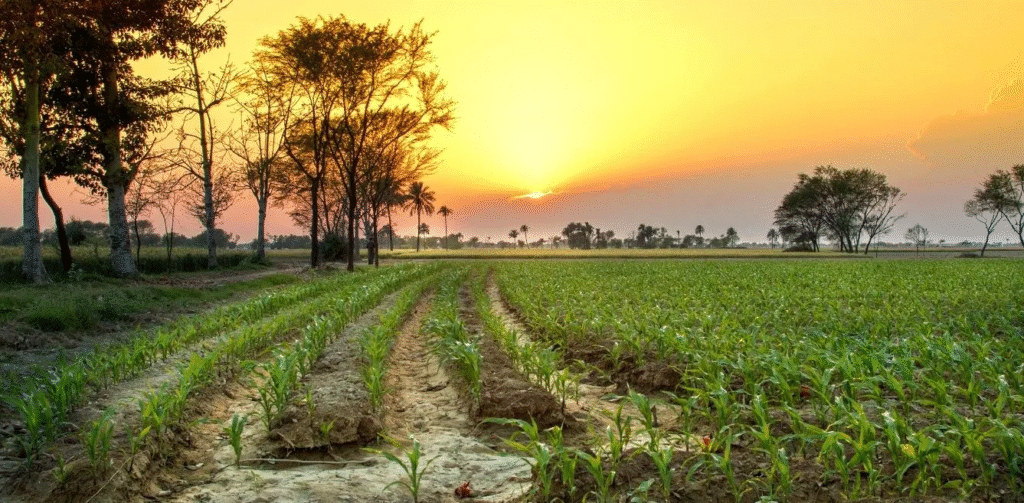In a significant development, the Punjab and Haryana High Court has issued a strong warning to the Punjab Government, stating that it will stay the controversial Punjab Land Pooling Policy if the state fails to withdraw it. The court expressed serious concerns regarding the policy’s legality and procedural lapses, particularly the absence of a mandatory Social Impact Assessment (SIA) prior to land identification for acquisition.

During a hearing that lasted nearly two hours, the Bench comprising Justice Anupinder Grewal and Justice Deepak Manchanda gave the state government four weeks to address the court’s concerns. The judges made it clear that the policy in its current form cannot be allowed to function unchecked. The Bench reiterated its reservations about the policy’s failure to provide rehabilitation measures for landless labourers and others who depend on the land for their livelihood.
The Advocate-General Maninderjit Singh Bedi and senior advocate Gurminder Singh argued that the policy is entirely voluntary. They explained that suitable land parcels were first identified and advertised to invite willingness from landowners. According to them, land was only acquired when landowners gave their consent, and in return, they were offered developed houses. The state also defended its move by stating that the SIA was not required at this stage since no development work had commenced and the acquisition wasn’t being carried out under the Right to Fair Compensation and Transparency in Land Acquisition, Rehabilitation and Resettlement Act, 2013.
Gurminder Singh further claimed that the policy aims to prevent the rapid spread of unauthorized colonies, which could otherwise turn Punjab into a slum-like state. He assured the court that the government has no intention of handing over these projects to private builders. However, the court remained unconvinced.
Senior advocate Shailendra Jain, acting as amicus curiae, emphasized that conducting a Social Impact Assessment before identifying the land is not only essential but also mandatory under Supreme Court guidelines. He pointed out that bypassing the assessment creates an unreasonable distinction between the Land Acquisition Act and the current policy, which could make it constitutionally unsound.
The petitioner Gurdeep Singh Gill, through his legal team including Gurjeet Singh Gill, Manan Kheterpal, Manat Kaur, Rahul Jadge, and Rajat Verma, argued that the land pooling policy is a form of colorable legislation. They alleged that it was enacted under a central law that does not provide any enabling provision for such a scheme. The petitioners urged the court to strike down the policy, labeling it arbitrary, unconstitutional, and in violation of fundamental rights enshrined in Articles 14, 19(1)(g), 21, and 300-A of the Indian Constitution.
The court’s clear stance and warning have now placed the Punjab Government in a tight spot. With a four-week deadline to respond, the future of the Land Pooling Policy remains uncertain. As the legal battle unfolds, the case has drawn widespread attention from legal experts, landowners, and policy analysts alike, all waiting to see whether the state can successfully justify its approach or face judicial intervention that could halt the policy altogether
